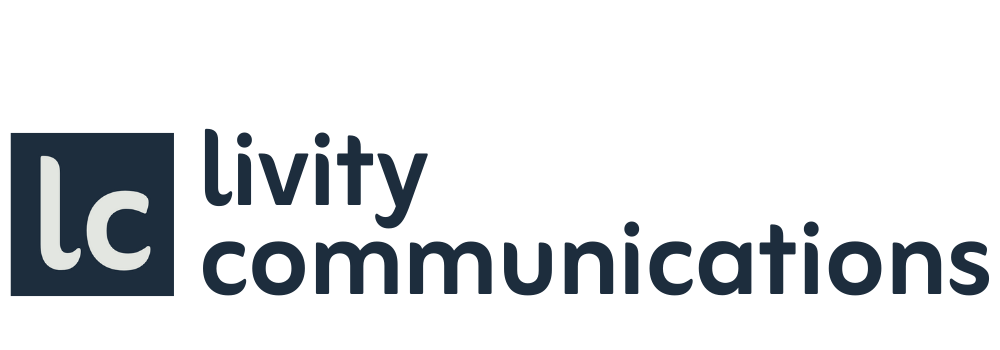Sleep on It: Why AI-Generated Ideas Need Time to Breathe
As I dig more into AI tools, I’m realizing that—for me—generative AI is a much better editor than writer, regardless of the prompt. AI is great at churning out words, graphics, and ideas—and telling you why these ideas are wonderful. But what AI initially spits out is rarely as good as it can be.
In his book Thinking, Fast and Slow, Daniel Kahneman explains that people think in two ways. The first way is quick and automatic, which is good for snap decisions and gut reactions. The second is more careful and reflective. Thinking slow is better when solving problems, analyzing, making plans—and, I’d add, writing original content.
Kahneman warns readers that overly relying on the fast way can lead to mistakes when a decision requires more thought. The same is true when using AI. Pausing after generating ideas with AI will improve your decision-making and creativity by giving you sleep, time, and distance—the conditions where originality tends to spark.
The Downside of “Fast”
I often see AI generate uninspired, generic, and off-target recommendations. Even if something sounds good initially (and it can be rewarding to get a quick idea), I realize upon reflection that it’s dumb or boring. I’ve scrapped completed blog posts after realizing I didn’t personally care about the topic or didn’t have anything original to share.
Originality rarely comes instantly. It grows when you revisit an idea with fresh eyes. Sleep helps your brain make connections you didn’t see before, and that’s backed by research. One study showed that one minute of sleep onset (the moment between being awake and asleep) boosts your insight by three times. Time lets you come back with perspective. Distance—physical or mental—helps you see the flaws or the opportunities you missed in the rush of the first draft.
The Power of the Pause
Stepping away from a draft or recommendation gives you space for human reflection and deeper analysis. The question should not be “is it good?” but “can it be better?”
This is particularly true for projects that will benefit from your own creativity, preferences, and tastes. Giving your mind rest and separation can produce the small breakthroughs that AI alone can’t provide.
Ways to Slow Your Thinking
Give it time: Save your draft and come back after a few hours—or a few days if you can.
Add distance: Take a walk, do another task, or ask someone else for feedback.
Push AI further: Don’t stop at the first output. Say, “I’m rethinking this…” or “Can you challenge your earlier answer?” Often, the second or third attempt—guided by your human reflection—will be much stronger.
Sleep on it: Close the laptop, rest, and revisit it tomorrow.
The Human/AI Balance
AI can be a good jumpstart, but human judgment provides the finishing touch. The next time AI gives you an idea, resist the urge to run with it immediately. Give it sleep, time, and distance—and see how much more original and powerful your final result can be.

